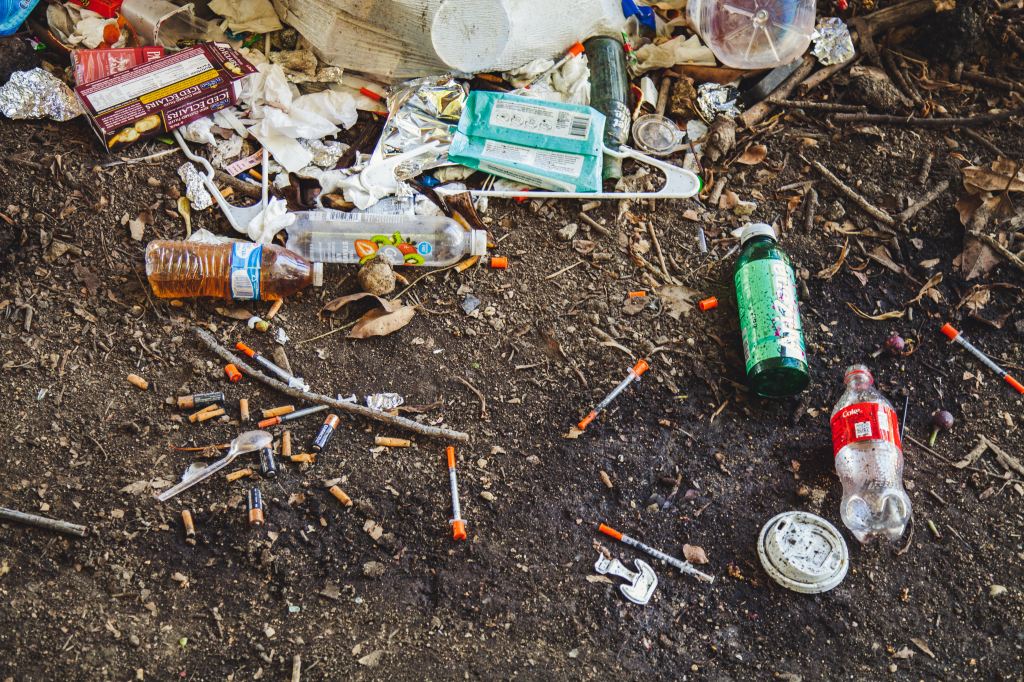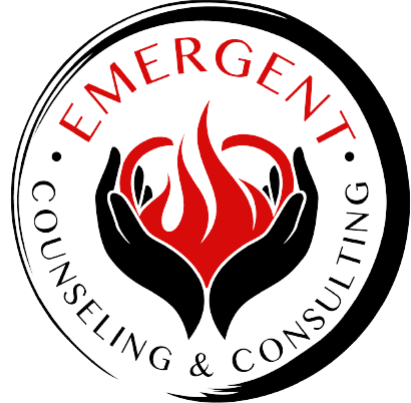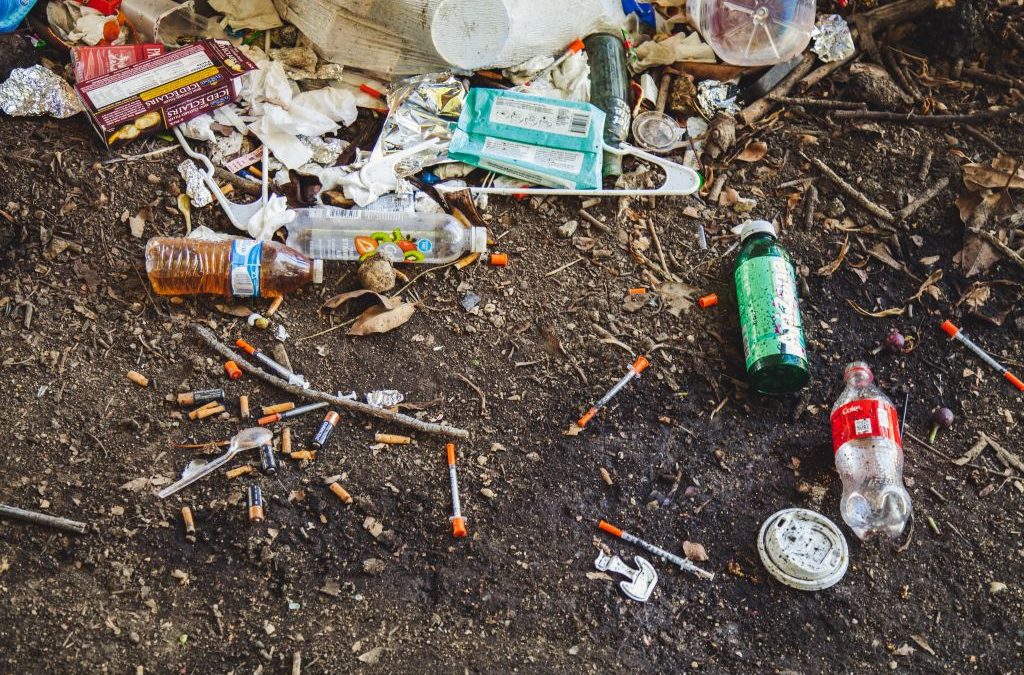Understanding Substance Abuse

“The opposite of addiction is connection… -Johann Harri”
I often thought of addiction as something that one could overcome if they simply “put their mind to accomplishing it”. I used to assume that one’s desire to fulfil their addictive dependencies was based on their selfishness and a lack of concern for the loved ones around them. As a child, I witnessed my father use alcohol on a daily basis whether he was happy, sad or indifferent. The desire to drink constantly and daily became a habit that unfortunately he was not able to control. As I got older, I began to condemn him for not having more control on his alcohol use and his inability to kick his addiction. I had no concept or knowledge of how the substance had altered the chemical balances in his brain or even that abstaining from this addiction could send him into a withdrawal that could potentially kill him. Most importantly, I never stopped to ask him why he felt that he needed to drink, when did it become something he had difficulty living without and how it might have made him feel.
I always felt a need to help people like my father. The task seemed so challenging but necessary. I knew that after obtaining my degree in clinical social work practice that I wanted to work with the substance abuse population. I had the pleasure of working with some very incredible clients despite their dependencies, who educated me on just how people with addictions struggle emotionally and mentally. One client broke it down like this:
“It’s like your diving into the deep end of the pool to get something on the very bottom. You keep swimming to get to the bottom, and along the way your struggling to breathe. You really want to come up for air but you know if you do, you might drown, so you keep swimming, until you get the item at the bottom of the pool. When you finally come up for air, you feel relieved! Sometimes living sober can feel like I’m drowning until I get the high that I need, and sometimes that high feels like fresh air”.
This may not be every persons experience with addictions, but it did help illustrate a very detailed description on just how difficult abstaining can be. Some addictions require psychiatric support, while others just need emotional or social support. Here are some tips to support you or anyone you know on the journey of recovery:
- Find new and positive activities that can replace drug use (exercise, art or cooking)
- Remove temptations, be intentional about who you allow in your environment and the people you spend time with
- Connect to a support, DO NOT DO IT ALONE (family, friend, church or support group)
- Seek Counseling
- Talk to your doctor about your options
- Find your motivation
- Most importantly if you relapse, DON’T GIVE UP!
No matter what the addiction may be, a desire to change and the right supports whether professional or informal can make a HUGE impact to their journey to recovery!
We’re glad you found us, thank you for stopping by!
We would love to answer your questions! Simply fill out the contact form below and we will be in touch with you soon.
We’re looking forward to being your healing partner!
Looking for different healing services
At Emergent Counseling & Consulting LLC, services are person-centered, culturally sensitive, stigma-free, holistic and strengths-based.
Our services are tailored to meet your needs and help you develop the skills needed to get rid of anxiety and depression, and enhance your quality of life. Our methods are non-invasive, short-term evidenced-based techniques such as Brainspotting, and Emotional Freedom Technique (EFT Tapping), which simple and focused on reducing the intensity of distress associated with anxiety and depression.

